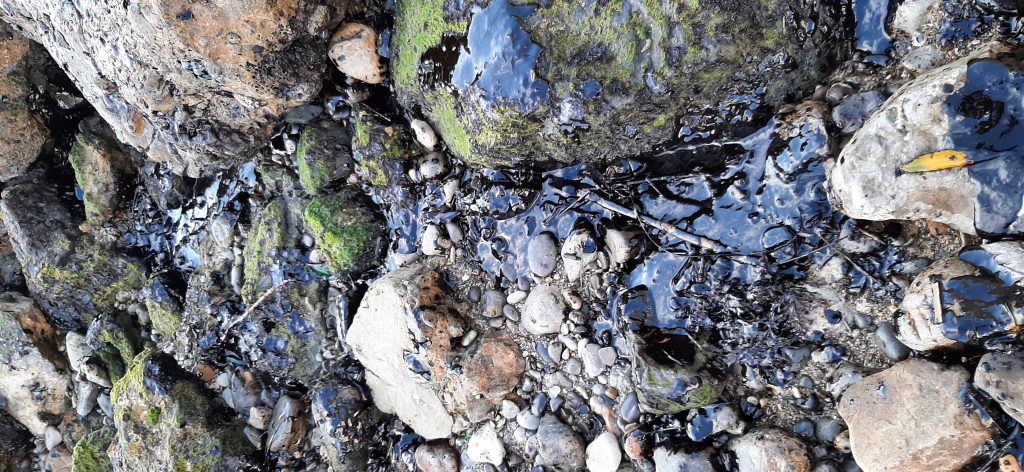The ESG urges Government to give a public assurance that plans for action on Climate Change remain high on its agenda.
With summer fast approaching the group is eager to see its Climate Action Plans, to address the Climate Emergency, presented to Parliament prior to the summer recess.
This would provide time for debate, consideration and accord, before the Glasgow summit, COP26, in the fall.










